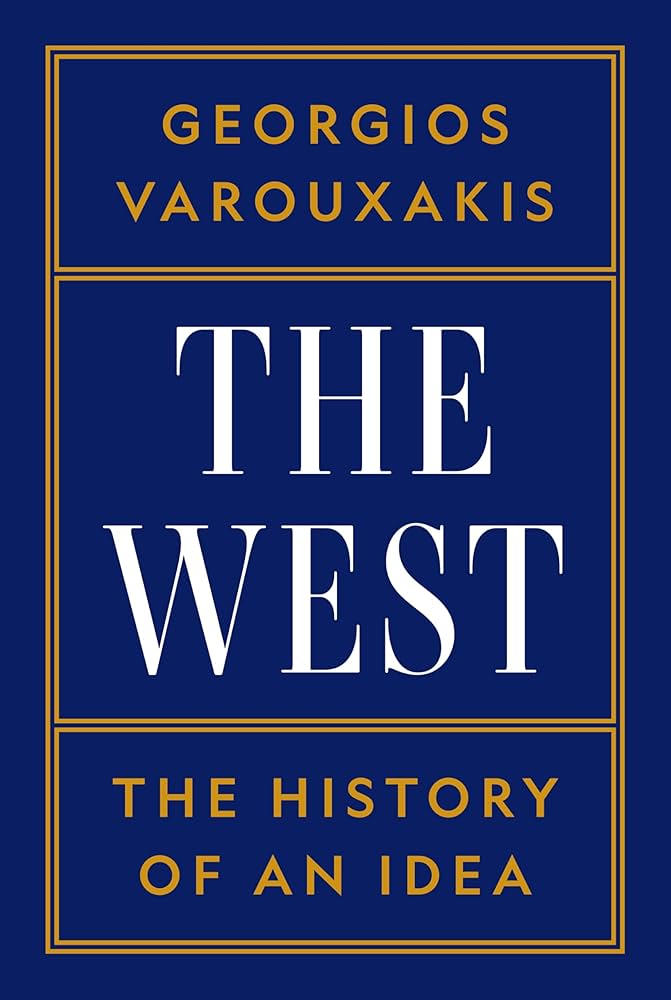One of the first Americans to write widely about “the West” and “Western civilization” was the philosophically trained journalist and public intellectual Walter Lippmann, before “Western civ” courses became a staple at US elite universities. And Lippmann spoke of a “Western alliance” before the US had entered the Great War. In The Stakes of Diplomacy (1915), Lippmann contended that the appearance of a joint enemy tended to unite nations, enlarging the circle of fellow-feeling. More specifically, to meet the challenge of Japan, American isolationism was insufficient. Central to his scheme was that the “liberal powers of the West” must control sea power.
A heavily debated question in the wake of the First World War, which had wreaked havoc at the heart of Europe, was whether it had heralded the end of Western civilization. It was in this context that Oswald Spengler published The Decline of the West (1918–22), in which he predicted that the dominance of Western culture was likely to be succeeded by Slavic. As Varouxakis shows, while Spengler’s book met with a negative reception from academics, its wider impact was immense.
Unsurprisingly, World War II stimulated plenty of discussion about Western civilization, especially after Nazi Germany invaded the Soviet Union, and shattered the straightforward East-West dichotomy supported by the Hitler-Stalin pact. Lippmann interpreted the Second World War as a civil war within the Western world. In a famous lecture delivered in December 1940, he argued that the West had lost its democratic ethos because of educational decline in the last half-century and especially the neglect of Western culture. This was the culture which the Romans had inherited from the Greeks and passed on to the Church Fathers, and which had steadily expanded from the beginning of the Middle Ages until the nineteenth century. It was the culture in which the Founding Fathers had been steeped. But modern education, Lippmann contended in 1940, was based on a denial of the religious and classical ideals of the Western world. The religious tradition of the West was particularly frowned upon, with disastrous consequences. Instead of seeing reason as the master of man’s appetite, it had been reduced to its servant. Moreover, Lippmann posited that a society could only be progressive if it conserved its tradition. “In developing knowledge men must collaborate with their ancestors,” he wrote in a Burkean fashion.
